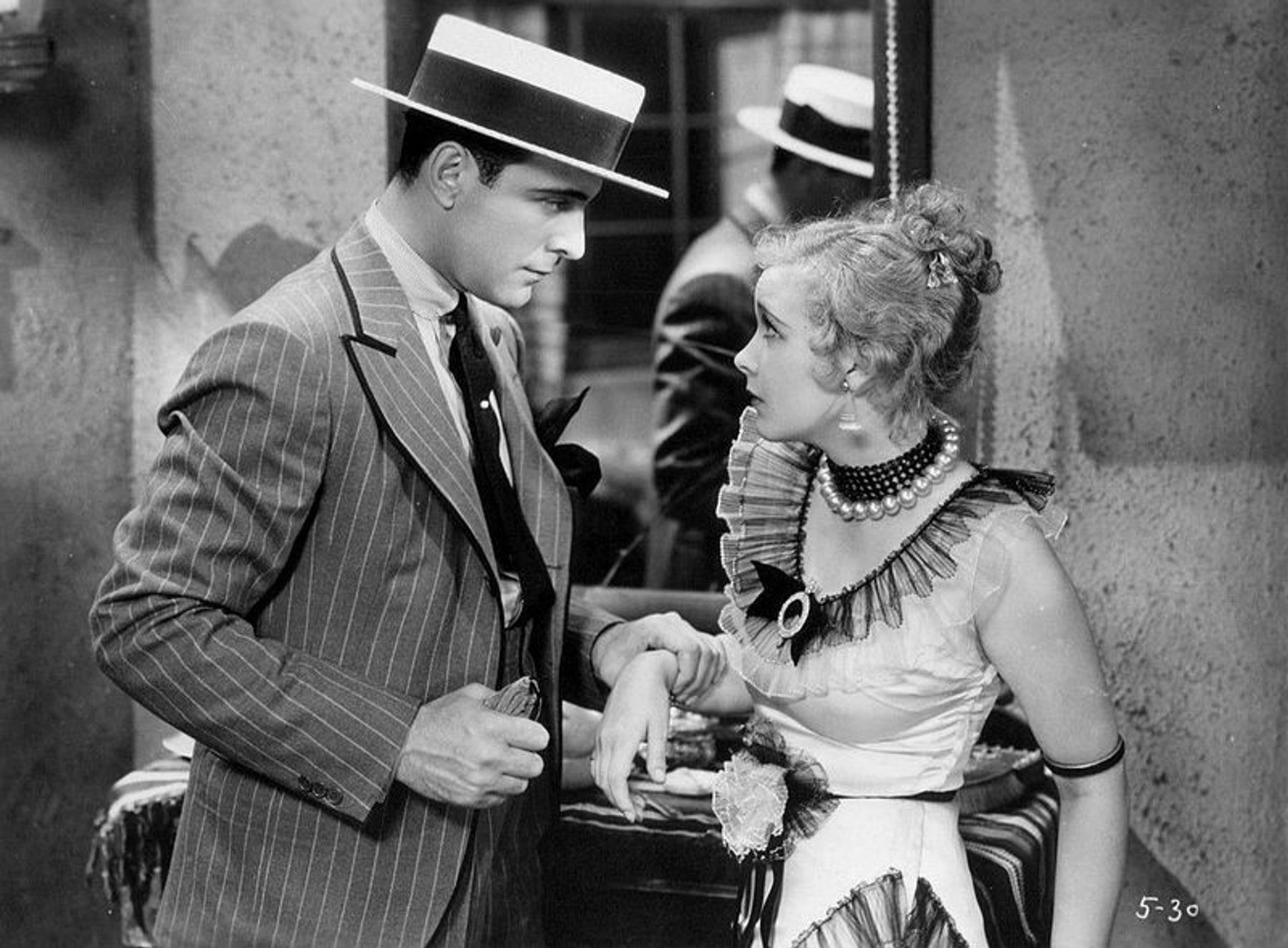Date and Time for this Past Event
- Friday, Jun 14, 2024 3:30pm - 5:30pm
Details
"Pre-Code: Sex and Censorship" electrifies the first AFI Silver Classic Film Weekend. Immerse yourself in the thrilling era of pre-Code cinema, a fleeting moment from the late 1920s to 1934 when films defied convention before the Hays Code stifled Hollywood's boldness. These movies, lighthearted or dramatic, showcased complex women and flawed heroes struggling against social injustice, and unflinching explorations of sex, ambition and crime. Witness legendary stars ignite the screen: Clara Bow, James Cagney, Barbara Stanwyck, Cary Grant, Jean Harlow, Joan Blondell, Spencer Tracy, Warren William, Anna May Wong and Josephine Baker. Festival guests, including film historians Richard Koszarski, Steven C. Smith, Farran Smith Nehme, Katie Gee Salisbury and David Stenn, will introduce each film.
HER MAN
Preceded by Women in Pre-Code Films: A Conversation with Farran Smith Nehme
HER MAN was one of the final releases of the American production company Pathé Exchange and quickly disappeared, never to be reissued or released on television. The tale of the no-longer-innocent woman struggling to survive in tawdry, humid tropical surroundings originated with W. Somerset Maugham's "Rain" and was reworked in numerous films, but never with such impact as HER MAN. Abandoned to simply survive, fallen woman Frankie (Helen Twelvetrees) is working out of a Havana bar/brothel, surrounded by the detritus of the waterfront. She is repeatedly victimized by boyfriend/pimp/protector Johnnie (Ricardo Cortez in a strong performance) before a naïve sailor (Phillips Holmes) decides he is going to be her savior. Marjorie Rambeau plays the aging, drunk barmaid/madam who foreshadows Frankie's fate if she stays in this life too long. Vivid characterizations, an unusually well-staged climax and an endlessly moving camera make this a vital film of its era; MoMA curator Dave Kehr has called it "a forgotten masterwork."
